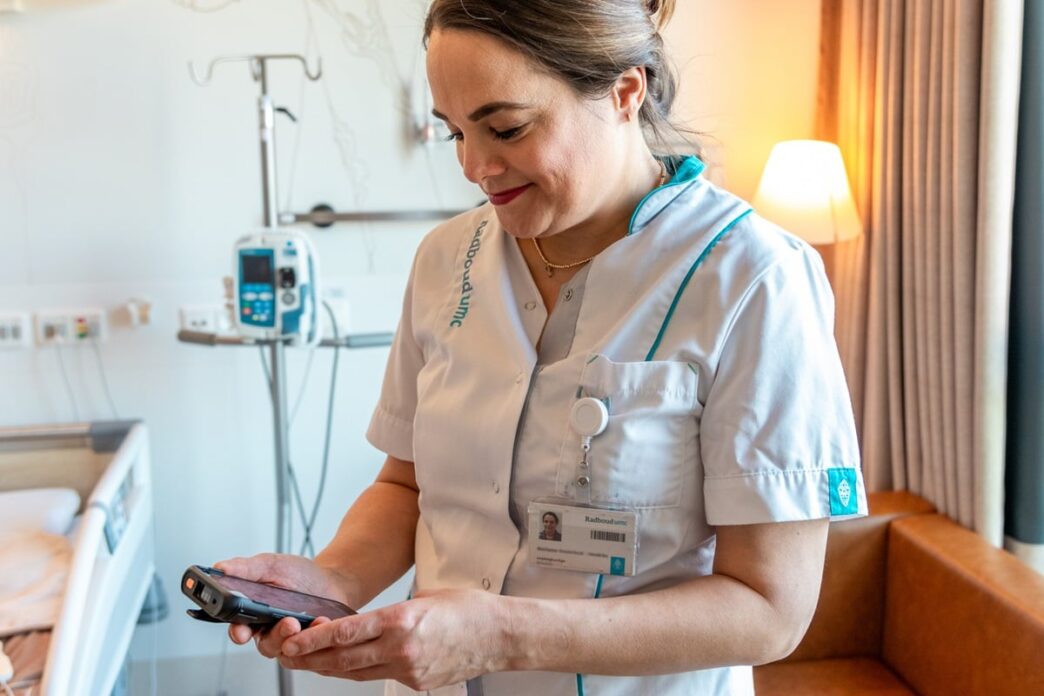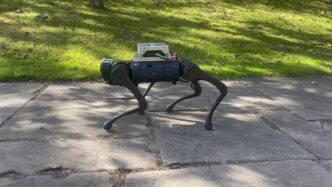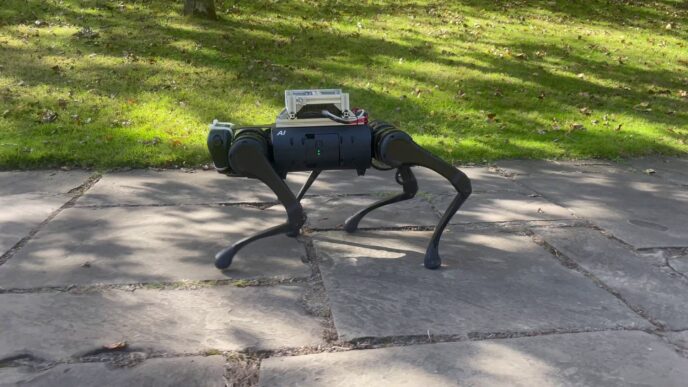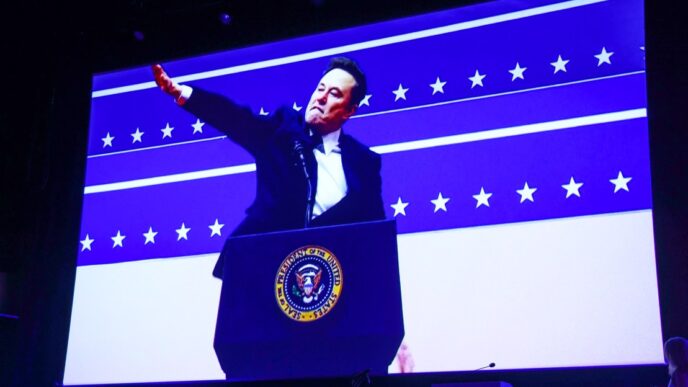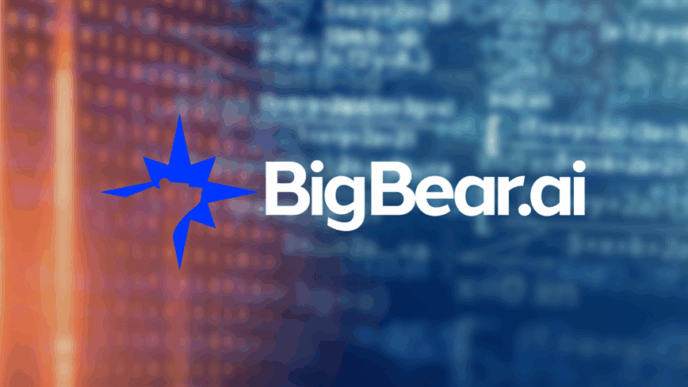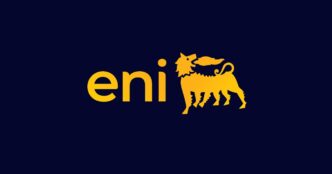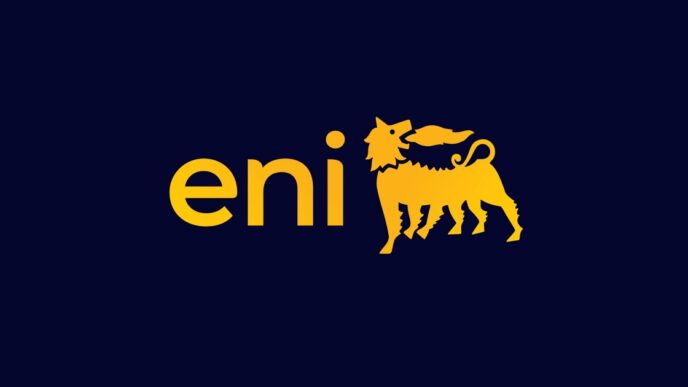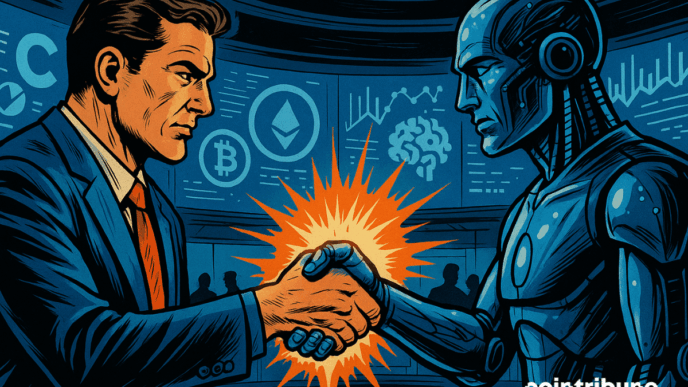WHO, ITU, and WIPO have launched a new technical brief on using AI in traditional medicine. The report dropped at the AI for Good Global Summit and promises a roadmap to help AI enhance centuries-old healing systems safely and ethically.
Traditional medicine is massive, practiced in 170 countries by billions. The brief covers AI’s role in personalized care, drug discovery, and protecting biodiversity. Examples include AI diagnostics in Ayurgenomics, machine learning identifying medicinal plants in Ghana and South Africa, and AI analyzing compounds for blood disorder treatments in South Korea.
Seizo Onoe, Director of the ITU Telecommunication Standardization Bureau, said:
Our Global Initiative on AI for Health aims to help all countries benefit from AI solutions and ensure that they are safe, effective, and ethical.
This partnership of ITU, WHO and WIPO brings together the essential expertise.
The brief stresses the need for good, inclusive data and community involvement to keep AI fair. It highlights AI tools like India’s Traditional Knowledge Digital Library and the Americas’ Virtual Health Library. These projects help preserve Indigenous knowledge, fight biopiracy, and promote collaboration.
Edward Kwakwa, WIPO Assistant Director-General, added:
Intellectual property is an important tool to accelerate the integration of AI into traditional medicine.
Our work at WIPO, including the recently adopted WIPO Treaty on Intellectual Property, Genetic Resources and Associated Traditional Knowledge, supports stakeholders manage IP to deliver on policy priorities including for Indigenous Peoples as well as local communities.
The brief calls for urgent action on Indigenous Data Sovereignty. It highlights community-led data governance models in Canada, New Zealand, and Australia. WHO’s Dr. Yukiko Nakatani warned:
AI must not become a new frontier for exploitation.
We must ensure that Indigenous Peoples and local communities are not only protected but are active partners in shaping the future of AI in traditional medicine.
With the traditional medicine market set to hit nearly $600 billion by 2025, AI could turbocharge growth — but risks remain. The brief urges stakeholders to invest in inclusive AI ecosystems, build legal frameworks, raise digital literacy, set global AI data standards, and protect traditional knowledge with AI-powered repositories.
The goal: align AI’s power with traditional wisdom for safer, fairer, personalized healthcare worldwide.

